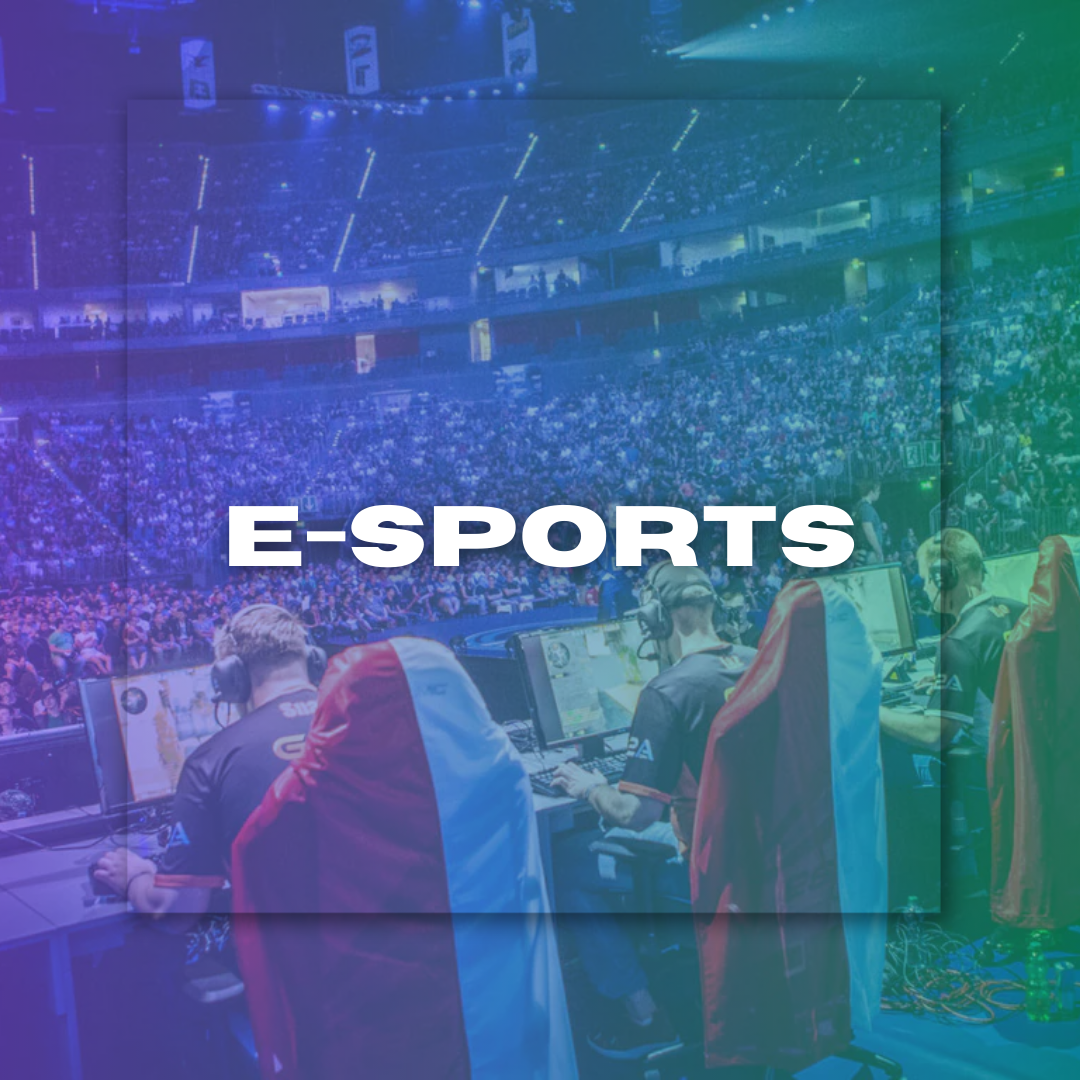
The Debate Over Player Salaries: Are They Justified in Sports?
The Debate Over Player Salaries: Are They Justified in Sp...
By Arslan Saleem August 08, 2024 01:06
The debate regarding professional sports and the salaries of its players has been going on forever, with fans and analysts included. When athletes have multi-million dollar contracts, do these salaries make sense in the economy, society, and organizational process performance? Here, we dive into the nuances of player pay and discuss some insights from different viewpoints as well as arguments on both sides.
Economics of Professional Sports
Revenue Generation & Market Dynamics
Major sports leagues operate in an economy with massive revenues and huge financial stakes. Teams make money from various sources, including ticket revenues, merchandise sales, broadcasting, and sponsorships. For example, the National Football League (NFL) rakes in tens of billions annually from TV revenue. In this economic environment, the teams have a competitive nature. They are willing to pay well for talent that allows them to win races but ultimately make money in other areas.
The Role of Supply and Demand
The wages of sportspersons are mostly guided by their supple and call rules. Whether your team needs that 'star-player edge' to perform better, which eventually links back with revenue, there is an exceptionally high demand for top-tier talent. For instance, an NFL team with a top-tier quarterback would enjoy additional success, ticket sales, and merchandise revenue. On the other hand, there are fewer elite-level athletes and high-profile individuals who have largely inflated salaries.
Look at Talent, Performance, and Marketability
The Value of Star Players
The main star player in a particular sport of a given franchise is often seen as one of the biggest drivers for each team's fan base. Their earning power is much higher than the field value because of endorsements and sponsorships. There is nothing exceptional about the pay of NBA stars like LeBron James and Stephen Curry, who receive huge six-figure salaries to play basketball and are marketed in million-dollar advertising campaigns, thus proving that they deserve such high compensation. A two-pronged revenue stream such as this truly hammers home the monetary boon athletes are to their teams.
Performance-Based Compensation
Player performance is linked to compensation across multiple leagues, such as by the number and awards of a player or their contribution to the team winning. It is a production-based compensation model, incentivizing players to perform their best and succeed. Yet it also prompts questions about the justice of lucrative pay gaps between team members, given different roles and contributions.
Player Salaries vs Average Incomes
One of the points often criticized is the astronomical pay professional athletes get compared to what an average person in society can make doing their job. As far as teachers or healthcare workers are concerned, they do not receive the average salary of an athlete by any stretch. This contrast can make the public perceive athletes as "overpaid," creating frustration among those who believe compensation is undeserving, especially with social issues such as lack of pay disparity.
High Salaries and Society
Critics claim that such high pay for athletes only highlights societal issues, as excessive salaries exacerbate income inequality and promote overly anticipated recoupment across many work sectors. This approach concentrates too much power and money in the hands of a few people, which is likely to alienate everyone else further. They also raise impossible-to-meet expectations by their audiences, opining that workers in less well-rewarded areas could well ask why they are doing with so much less than highly rewarded sports personalities, leading to disappointment and a sense of unfairness.
Moneywise Point of View for Teams and Organizations
Impact on Team Budgets
It is merely one example of how player salaries play into a team's budget and financial decisions, as well as helping maintain an organization's health. It is always challenging for a team to manage their payroll and try to win. Salary cap leagues like the NFL and NBA limit how much can be spent on player salaries, which requires teams to budget shoulders for strategic planning. With this system of putting a cap, the NBA wants to create fairness and competitiveness between teams in large markets with chains from smaller cities.
Ticket Prices & Fan Experience
Unfortunately, harder contracts on players lead to more expensive tickets for your fans. Concern about prices rising and the average fan getting priced out as teams try to fulfill player contracts can lead to a gulf between what athletes make and the economic plight of their fans, which only adds fuel to those who question whether sports wages are too high.
Player Salary Mechanisms
Using Salary Caps & Revenue Sharing
Most professional sports leagues have implemented salary caps and revenue-sharing arrangements to combat these issues. Salary caps restrict a team's spending on players, ensuring wealthier franchises refrain from buying competitive imbalances through excessive wage expenditure. The salary cap system, for instance, the one that has regulated payrolls in the National Football League, another model of competitive balance allowing local markets to succeed against large ones,
Revenue sharing works to continuously even out some of those losses by taking money from high-revenue teams and giving it to low-earning ones so that every team can allocate funds towards talent wherever applicable. Such a system aims to even the playing field and make every team more competitive than they already are.
The Debate Over Salary Caps
Indeed, the impact of salary caps on competitive balance and team performance is an ongoing debate. Supporters point to the fact that they prevent teams with more money from being too powerful, while detractors claim they can hold back player salaries and reach. For example, the NBA needs help with its salary cap configuration, which results in large differences between team payrolls and competitive dynamics.
Athlete salaries in professional sports are quite divided because they reflect economic principles, cultural values, and financial sustainability among sporting clubs. Athletes often earn their salaries based on what they generate and how marketable they are. However, that does not discount the concern for income inequality or the necessity of having fans. The way leagues handle player compensation and the evolution of salary caps or revenue-sharing agreements in conjunction with other regulatory mechanisms designed to protect all parties, albeit imperfectly, will determine the future shape of professional sports.
LATEST
- NEWS
- |
- ARTICLES
- |
- VIDEOS






















































































